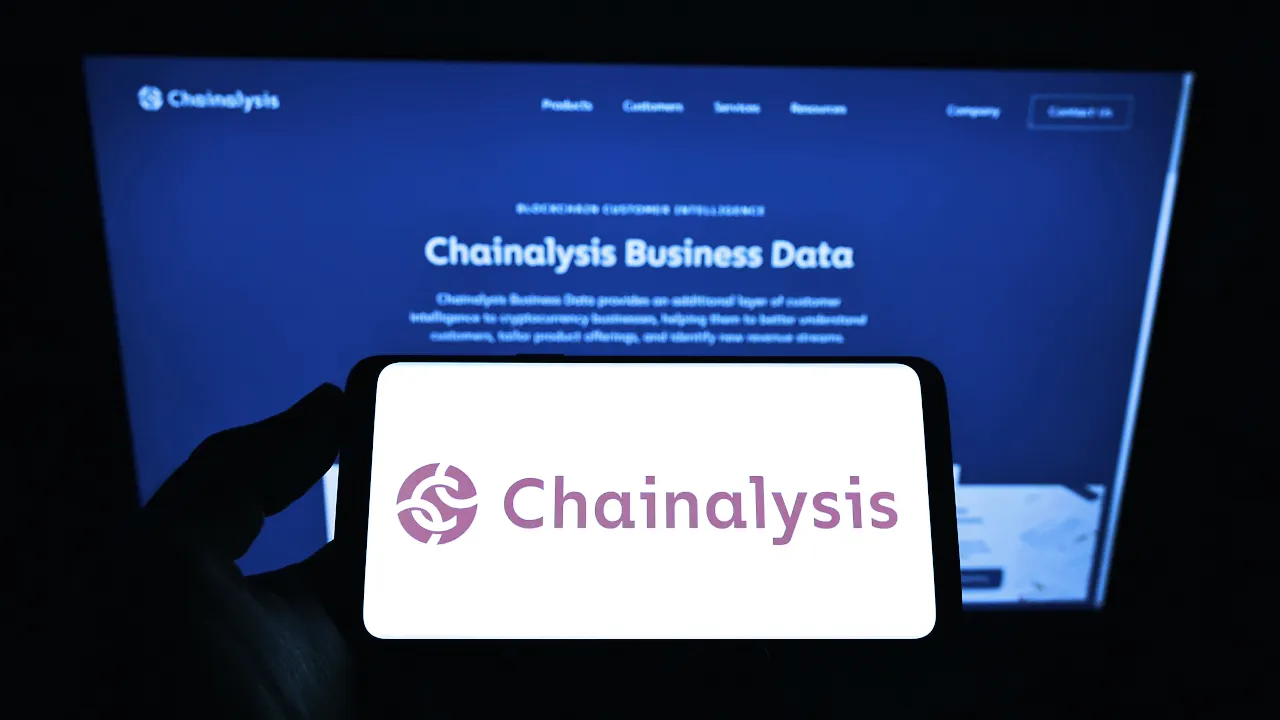We do the research, you get the alpha!
Blockchain analytics company Chainalysis today announced the launch of two new tools that will make it easier to screen cryptocurrency wallets for sanctions compliance.
The tools include an on-chain oracle, which is available today, and an API—an application programming interface that acts as a connection between computers—expected to launch next month.
“As countries around the world continue to leverage economic sanctions in response to Russia’s invasion of Ukraine, decentralized Web3 groups like DEXs, DeFi platforms, DAOs, and dapp developers are searching for lightweight tools to help them and their customers comply with sanctions policies,” Chainalysis said in a statement.
“Now is the time for the industry to demonstrate that blockchains’ inherent transparency make cryptocurrency a powerful deterrent to sanctions evasion,” said Michael Gronager, co-founder and CEO of Chainalysis.
The company says that these tools will be provided to cryptocurrency market participants for free. Gronager added that Chainalysis has prioritized the development of these tools in order to give the crypto industry “what they need” to conduct sanctions screening “at no cost to them.”
What do these tools do?
Chainalysis’ sanctions-screening oracle is a smart contract—which essentially is bits of computer code designed to perform a series of instructions—that validates whether a cryptocurrency wallet address has been included in a sanctions designation. The smart contract itself is maintained by Chainalysis and will be “regularly updated.”
The API will use the same data as the oracle to confirm whether a crypto address is on any sanctions list. The API, however, is designed for public web and mobile user interfaces, as opposed to the on-chain oracle which is designed for DeFi projects.
Focusing on DeFi
These new tools, says the company, are meant to provide a way for DeFi projects and DAOs, in particular, to screen for potentially sanctioned crypto addresses. DeFi is a catch-all phrase used to describe tools that allow for non-custodial trading, borrowing, and lending of crypto assets without third-party intermediaries, such as banks or centralized exchanges. DAOs, meanwhile, are decentralized autonomous organizations—online communities that are incentivized and governed by a given cryptocurrency.
And while centralized exchanges, such as Coinbase or FTX, already have know-your-customer (KYC) checks in place to screen for sanctioned individuals, decentralized exchanges that exist in the world of DeFi largely do not, says Chainalysis.
“Many decentralized protocols and platforms that have more recently grown in popularity do not incorporate tools that allow for effective management of sanctions risk,” Chainalysis said, adding that these new tools will provide these actors with the means to conduct “basic sanctions checks.”





